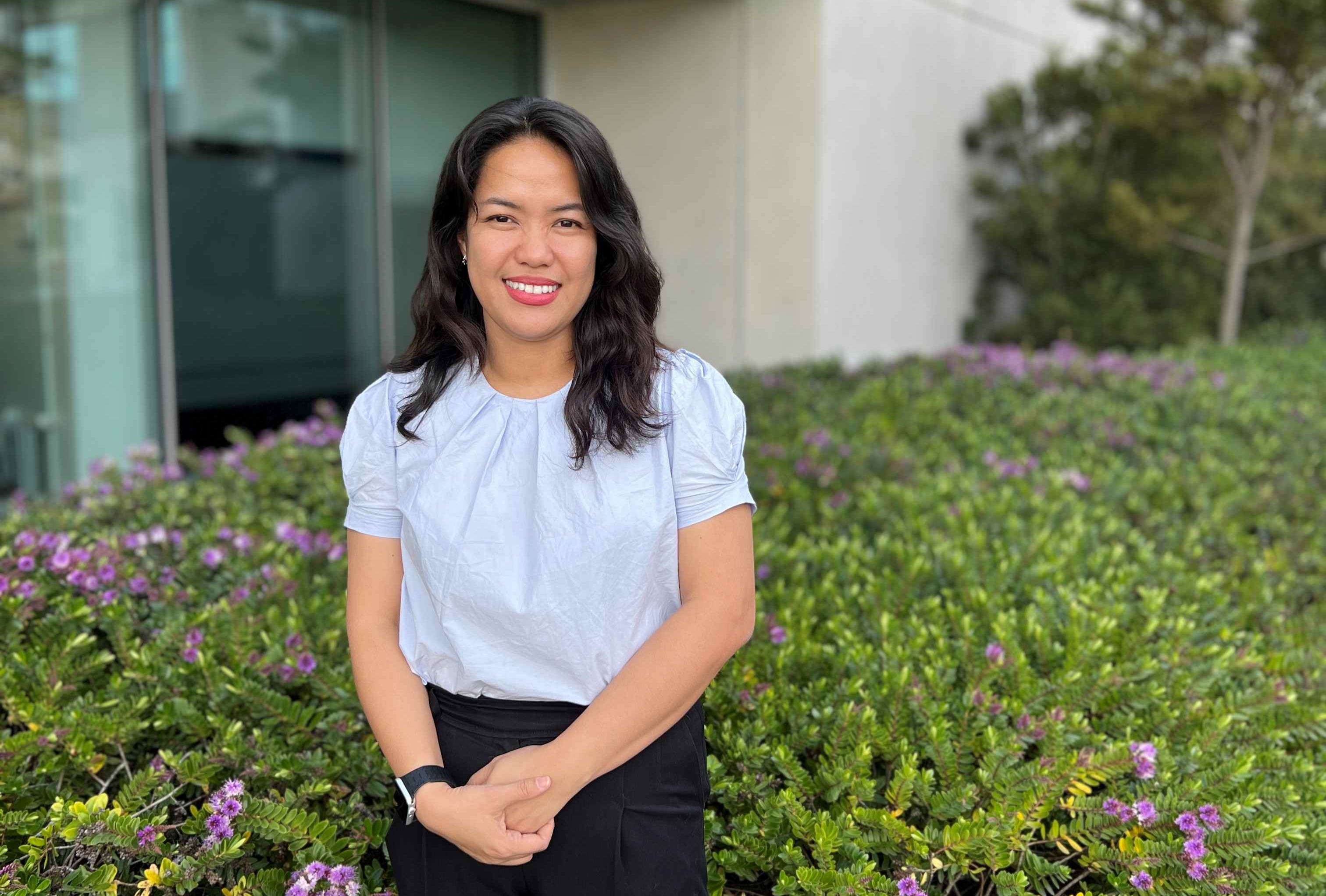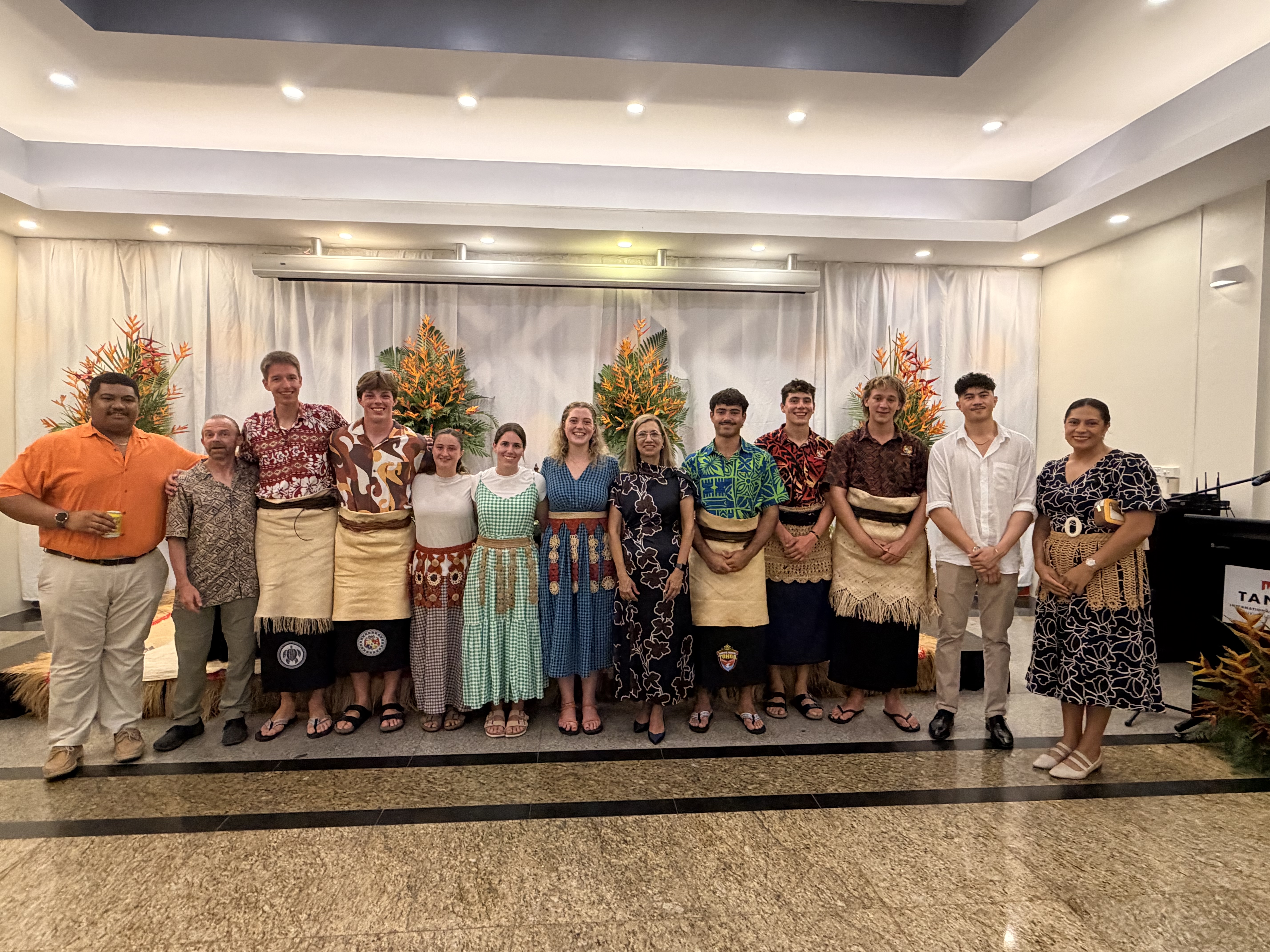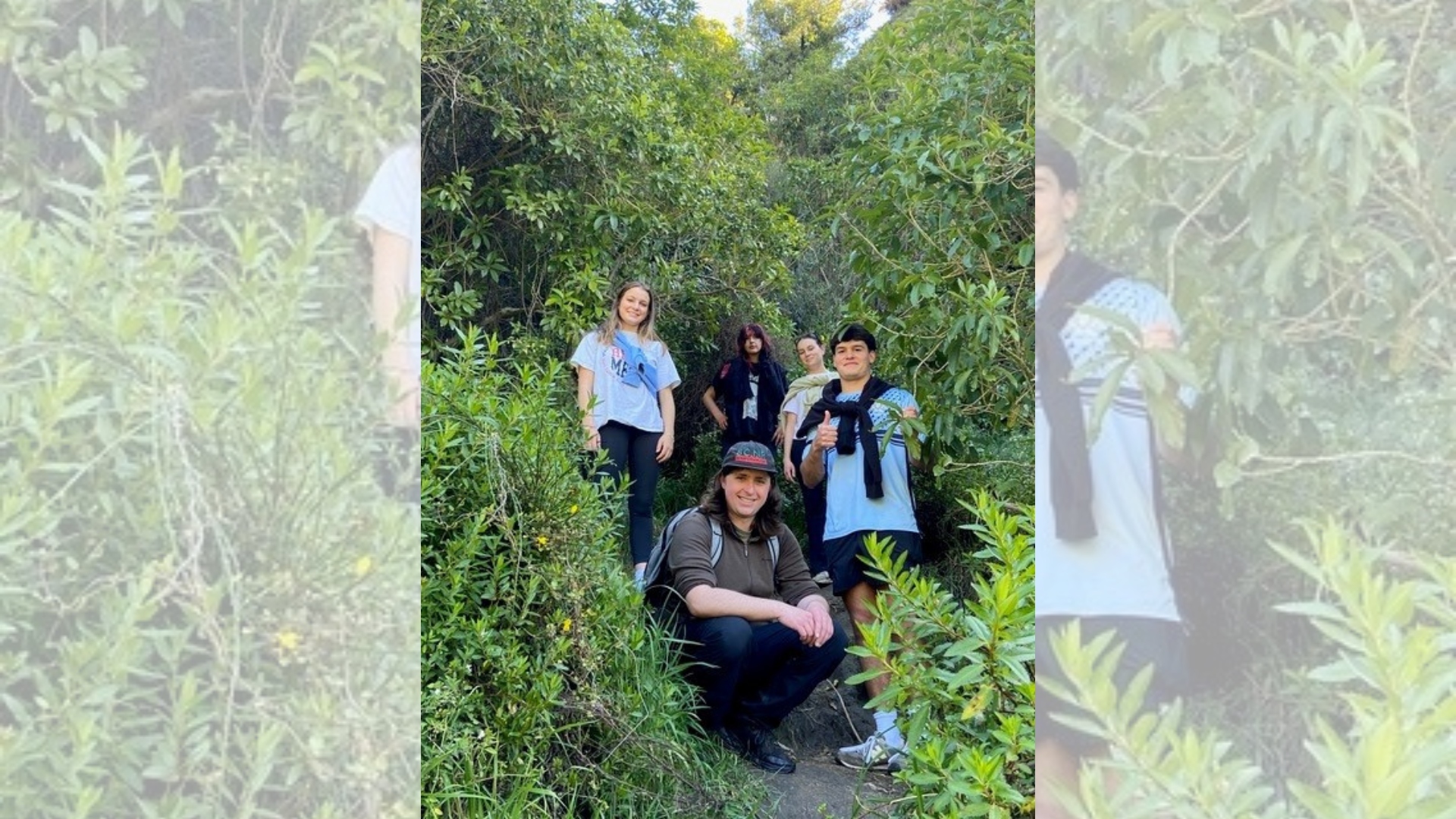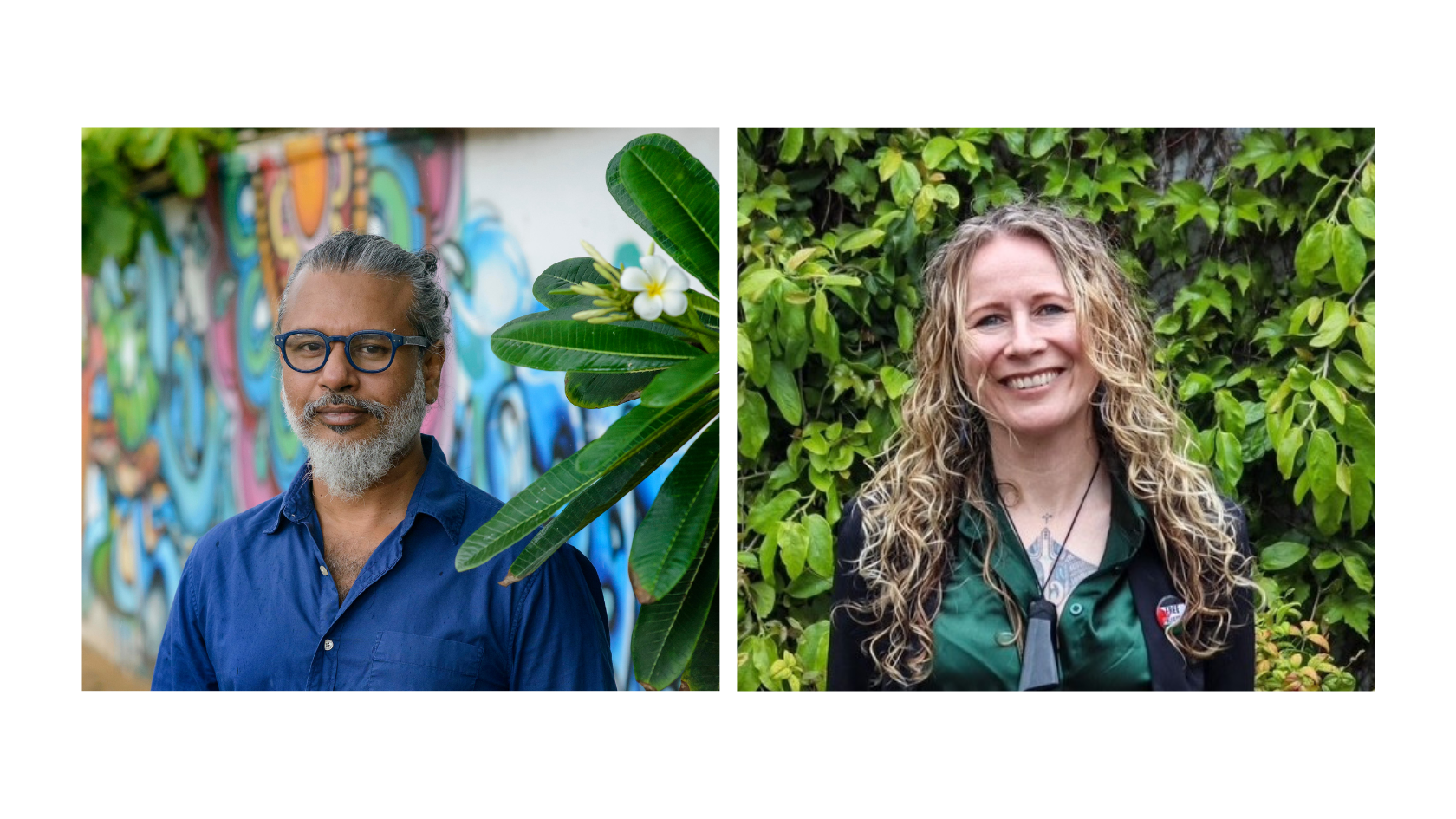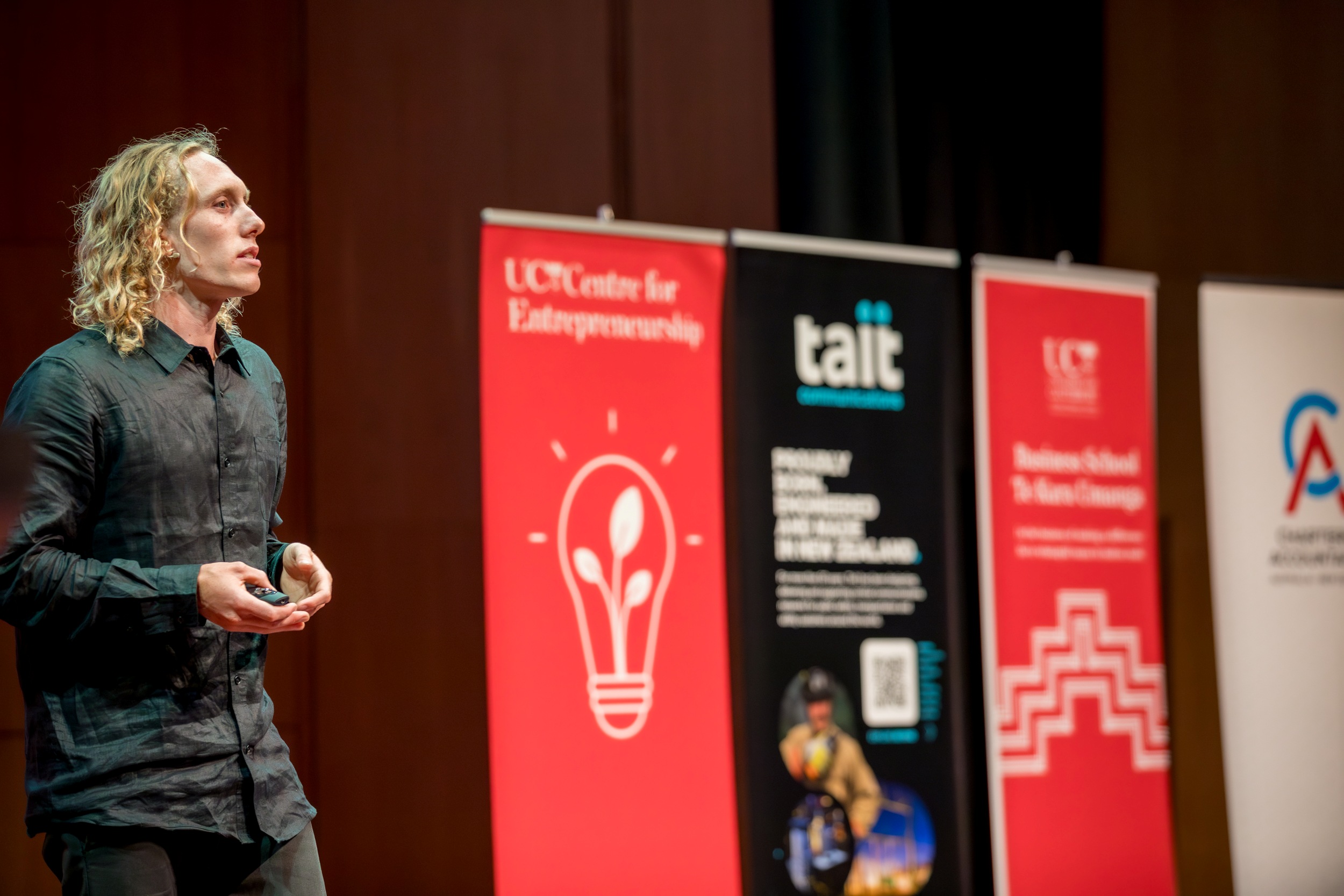Photo caption: Associate Professor Heather Hendrickson
Nine Te Whare Wānanga o Waitaha | University of Canterbury (UC) research projects have received 2025 Marsden Standard grants, securing nearly $8 million in total to pursue pioneering projects across science, technology and the humanities.
Among them, a groundbreaking study led by Biological Sciences Associate Professor Heather Hendrickson will receive a $941,000 Marsden Standard grant to explore a newly discovered piece of DNA that could transform our understanding of genetics and help protect honeybees.
The research focuses on a mobile genetic element, nicknamed a “hitcher,” that can move between bacterial genomes in a way scientists have never seen before. Found in bacteria that infect honeybees, the hitcher carries a powerful toxin gene and replicates with extraordinary precision.
“Understanding how this genetic element moves and spreads could open the door to new tools for gene delivery in microbes. That has exciting potential applications across biotechnology, agriculture and pest control,” Associate Professor Hendrickson says.
The project will also investigate how this hitchhiker impacts the health of honeybee larvae, offering new insights into American Foulbrood (AFB)—a devastating disease that costs New Zealand’s apiculture industry around $5 million each year. By uncovering how these bacterial systems work, the research could help reduce reliance on harmful chemicals and antibiotics while supporting honeybee health and environmental sustainability.
Eight early-career UC researchers have been awarded 2025 Marsden Fast-Start grants, each receiving $360,000 over three years to pursue innovative projects across science, technology and social research. Their studies range from developing smarter traffic systems and sustainable economic models to advancing solar cell materials, virtual touch design and lung disease detection. Other projects explore how language is learned, how stimulant drugs affect problem-solving, and how mathematics can improve experimental design, demonstrating UC’s strong support for emerging researchers tackling diverse global challenges.
Established by the New Zealand Government in 1994 and administered by Royal Society Te Apārangi, the Marsden Fund supports world-class fundamental research led by Aotearoa New Zealand’s top researchers. The fund encourages bold, innovative ideas that can lead to new technologies, boost economic growth and enhance quality of life.
The Marsden Fund Standard grants support both established and emerging researchers for up to three years, with flexible funding based on project needs.
The nine UC recipients of the 2025 Marsden Standard grants are:
Professor Brendon Bradley - The emergent distribution of extreme earthquake-induced ground motions from physics-based modelling. ($941,000)
Dr Angus Lindsay - Finally treating Duchenne muscular dystrophy as a diabetic disease. ($941,000)
Professor Jamie Shulmeister and Dr Leighton Watson - What New Zealand’s glaciers reveal about global climate change and local mountain building over the last 800,000 years. ($919,000)
Associate Professor Geertrui Van de Voorde - New geometric perspectives for error-correcting codes. ($683,000)
Professor Jason Tylianakis - Do crop pests and pathogens find safety in numbers? ($941,000)
Associate Professor Heather Hendrickson - Unlocking a New Genetic Tool to Protect Honeybees and Advance Biotechnology. ($941,000)
Professor Jen Hay - What is a phoneme and how many does New Zealand English have? ($853,000)
Associate Professor Michael Albrow - Shedding light on the dark components of the Galaxy. ($944,000)
Associate Professor Catherine Theys - Mapping brain changes in stuttering following Parkinson's disease and functional movement disorders. ($853,000)
The Marsden Fast-Start grants are designed for early-career researchers within seven years of completing their PhD, providing $120,000 per year for three years.
The eight UC recipients of the 2025 Marsden Fast-Start grants are:
Dr Philipp Wacker - Using mathematics to design more efficient experiments. ($360,000)
Dr Edward Linscott - Hunting for novel solar cell materials with advanced quantum-mechanical simulations. ($360,000)
Dr Donald Degraen - Designing Touch: Combining 3D Printing and Virtual Reality to Create Objects with Realistic Touch Sensations. ($360,000)
Dr Rebecca Bodeker - Investigating the revival of adaptive problem solving via stimulant drugs. ($360,000)
Dr Wai Wong - Smart Traffic Lights: Using Connected and Automated Vehicles to Improve New Zealand’s Roads. ($360,000)
Dr Wakayo Mattingley - Understanding factors that underpin individual variation in the very earliest stages of adult language acquisition. ($360,000)
Dr Oindrila Bhattacharya - Saving for the Future by Saving the Planet - A Climate-Change Adaptation Framework based in Economic Psychology. ($360,000)
Dr Ella Guy - Classification of lung disease using normal breathing data through an at-home device to support patient decision making and disease management. ($360,000)


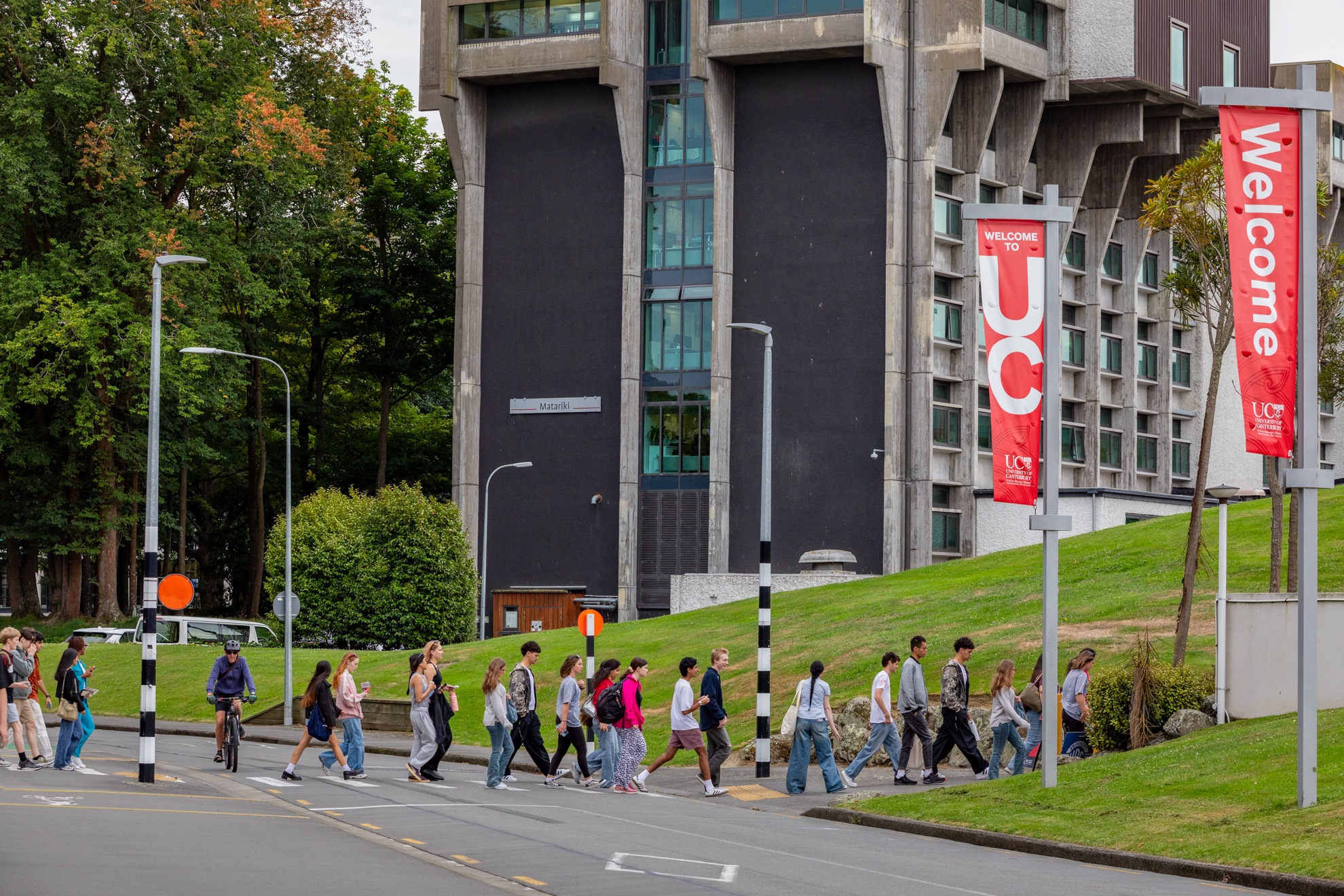
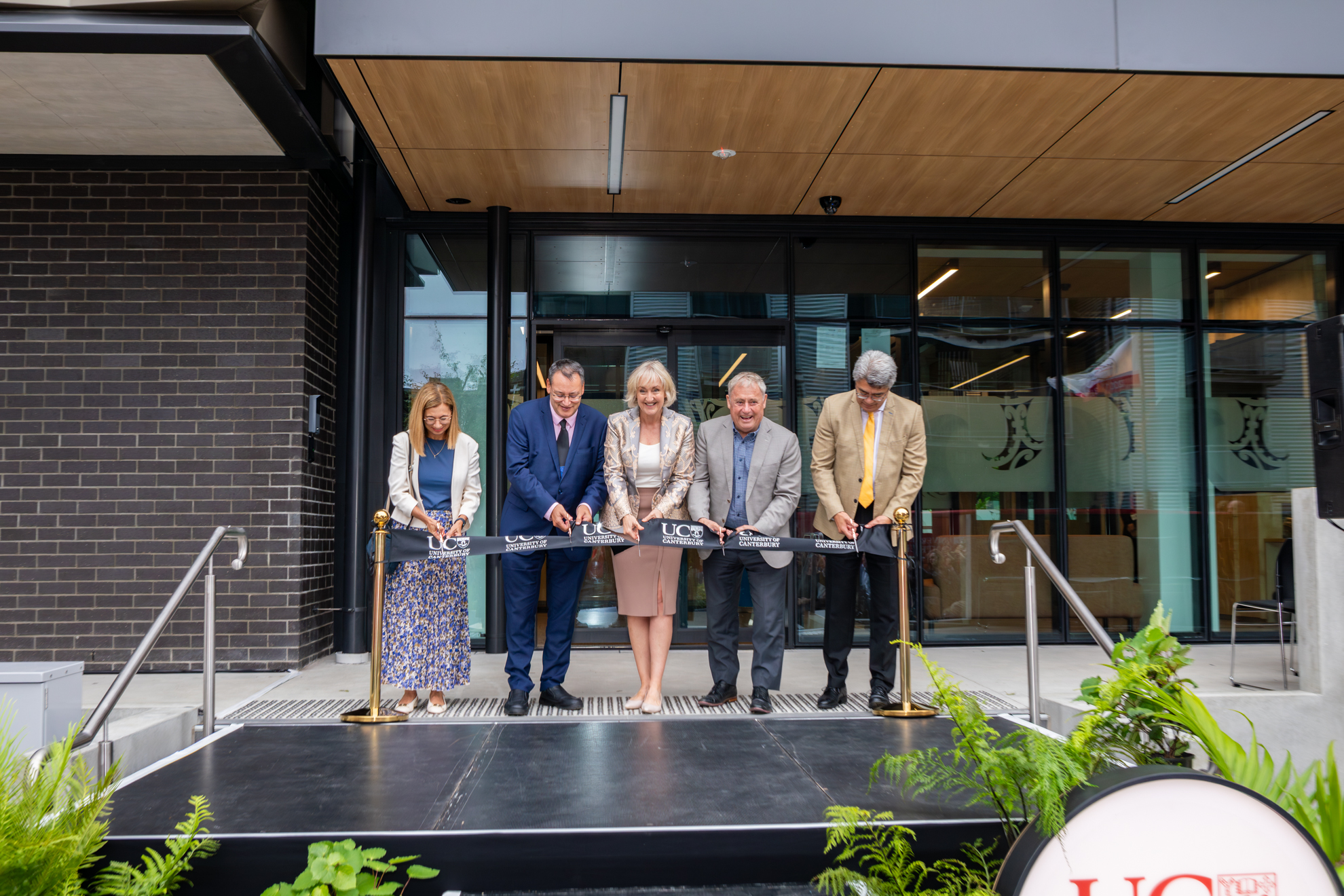
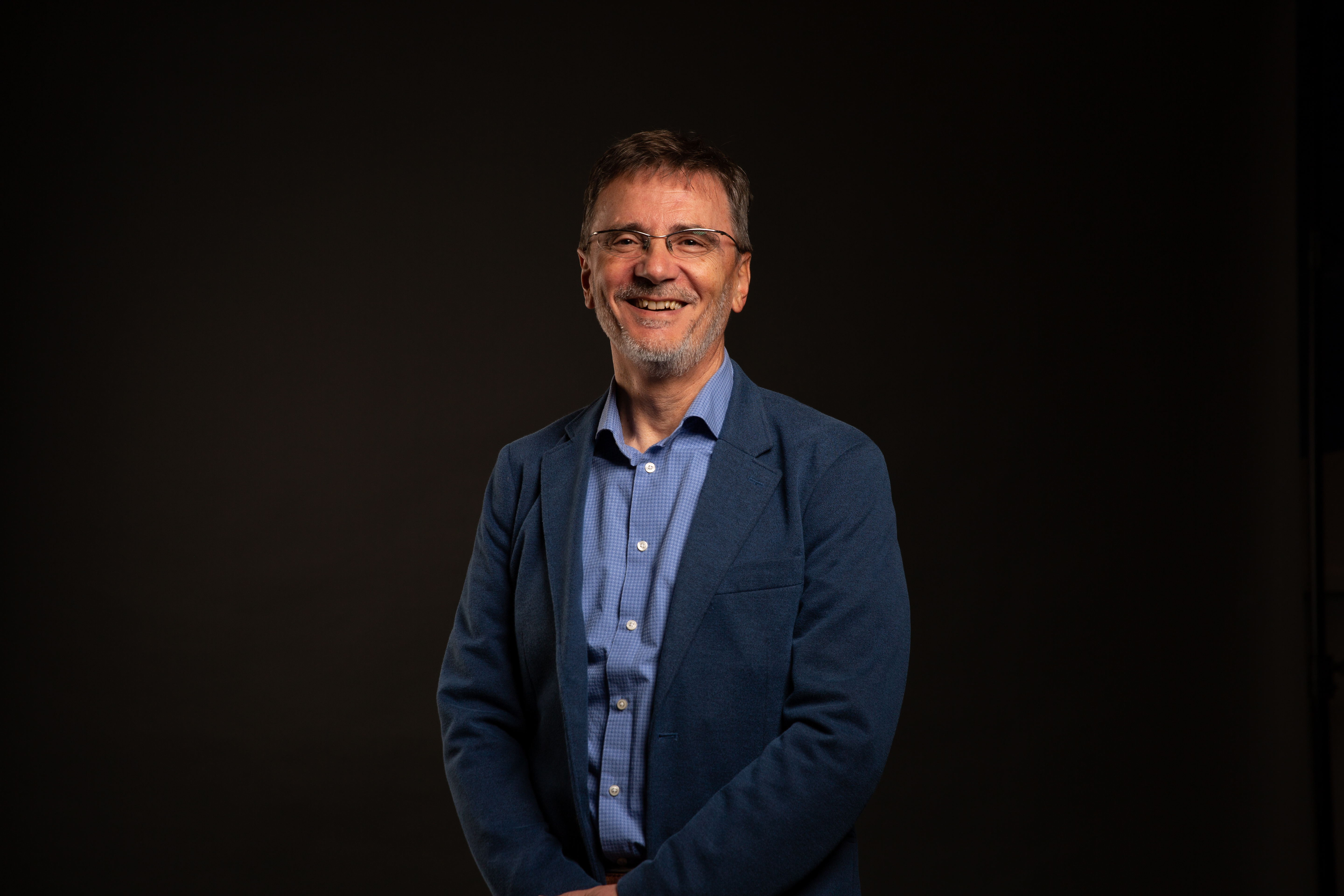
.png)
